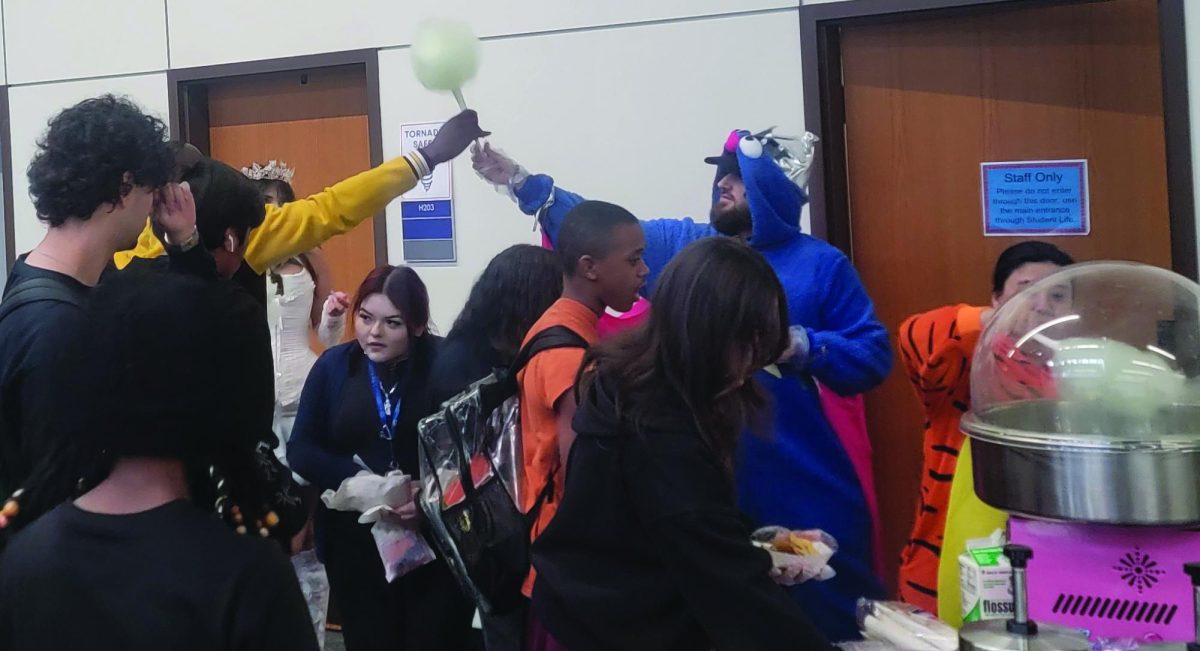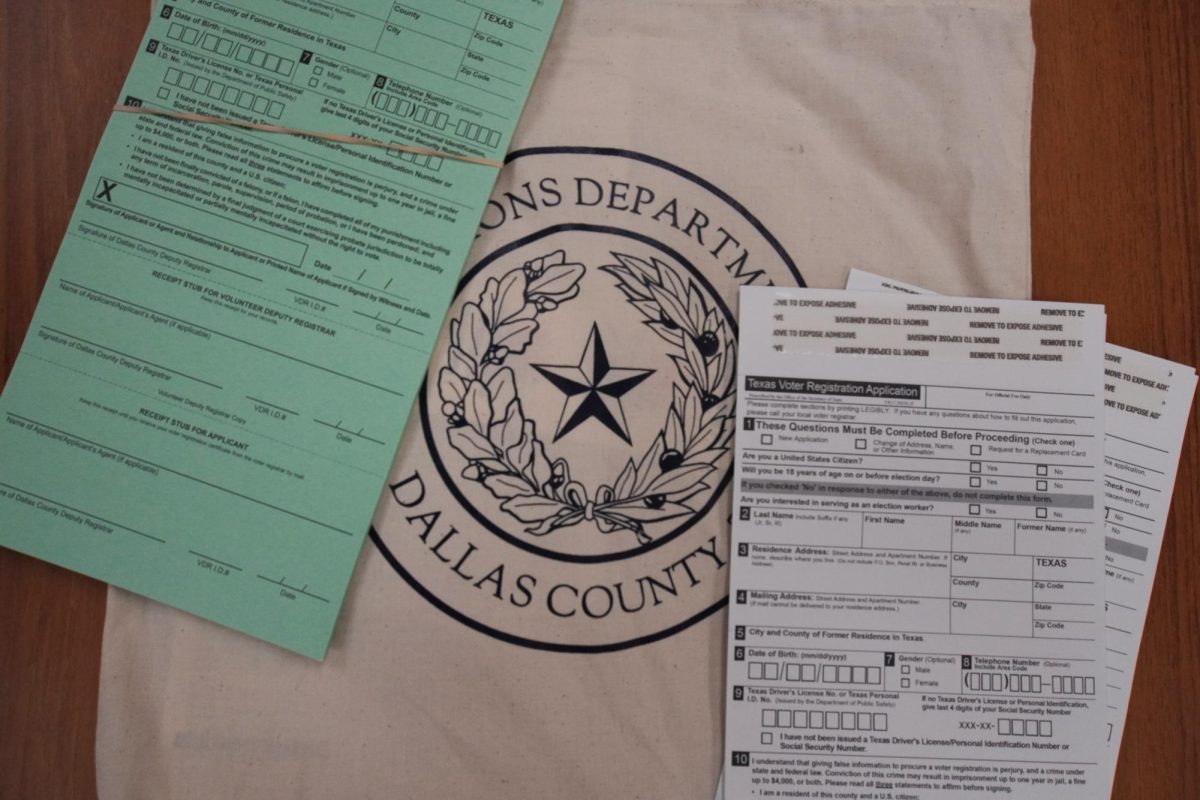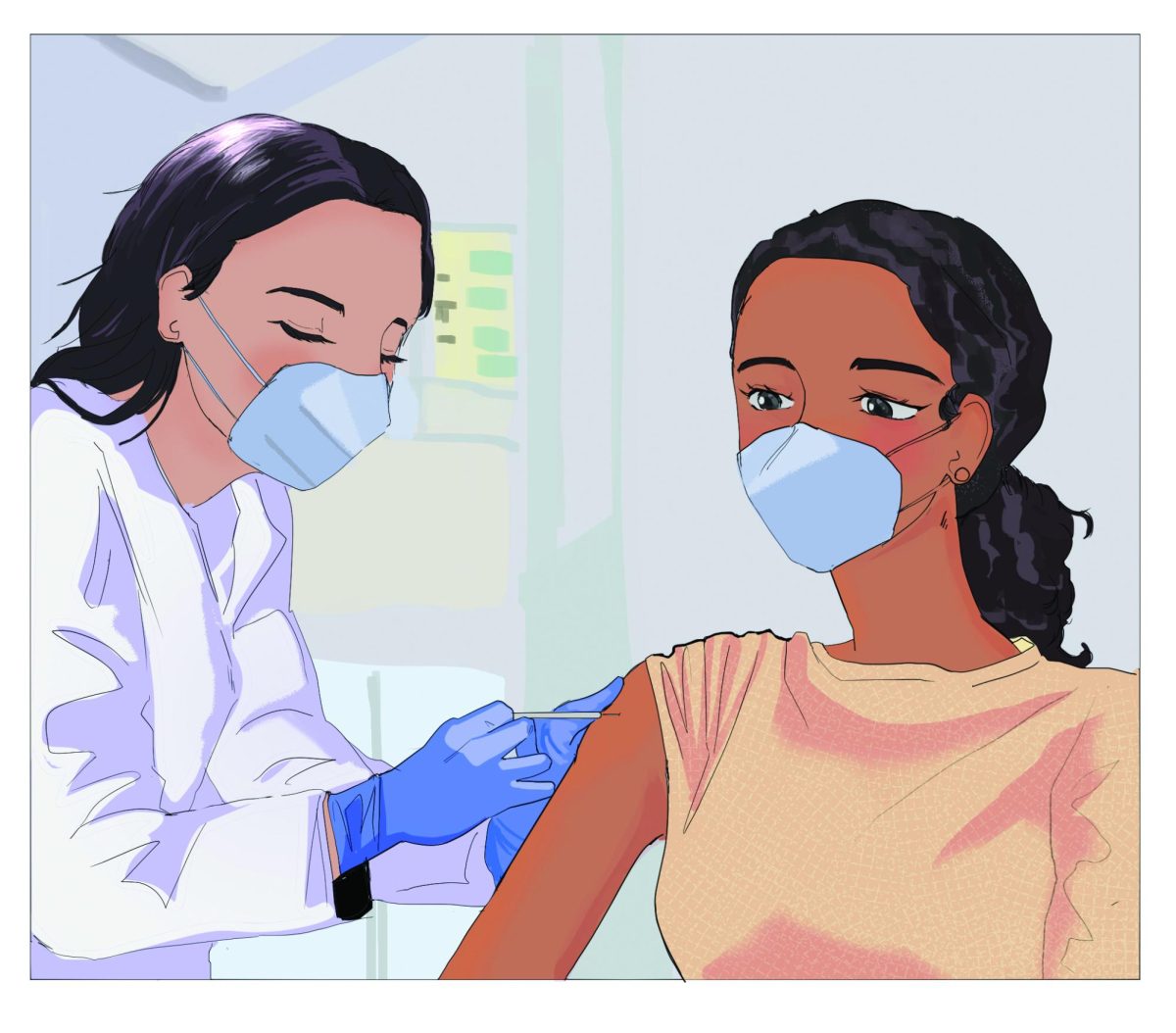Measles is a respiratory virus that was declared eradicated in 2000, however, there have recently been outbreaks across the country, including one in Texas that started in late January 2025. According to the most recent data, updated April 29, The Texas Department of State Health Services is reporting 663 cases of measles. Those include 87 hospitalizations and two deaths involving unvaccinated primary school children.
Measles cases remained limited to counties in West Texas until April 17, when Collin County Health Care Services reported that an infected person visited several locations in the county. So far, health officials have not identified any cases in Dallas County.
The outbreak is promoting Dallas County Health and Human Services to launch a vaccination campaign in hopes of keeping the virus at bay.
“We have been in communication with schools in Dallas County, looking at data, because that’s one of the things that we like to do here at the Public Health Department, looking at data to see what areas the lowest vaccination rates have, sending letters to these schools, offering them more services,” said Dr. Sandra Lozano.
Dallas County focuses on prevention and vaccination to keep the community safe.
“We have, like, about five clinics that are all spread throughout Dallas County that have the immunizations, not just the MMR (Measles, Mumps and Rubella Vaccine), but we have all the vaccines for children and for adults,” Lozano said.
Unvaccinated individuals, pregnant women, the elderly, young children and those with chronic diseases like diabetes or compromised immune systems are at higher risk of contamination, according to Lozano.
The early symptoms of measles are similar to other illnesses and can include fever, cough, runny nose and conjunctivitis. The symptoms that distinguish measles from other illness is a rash that starts at the hairline and spreads throughout the body. Another unique symptom is Koplik spots, which are tiny blue-white spots that appear on the cheeks inside the mouth.
The only way to prevent measles outbreaks is with the vaccination. Healthcare providers distribute the standard vaccine in two doses.
“We receive our first dose between 12 and 16 months of age, and then the second dose four to six years of age,” said Lozano. Health officials recommend a booster for people with low antibodies and for those who are unsure if they have been vaccinated.
Vaccine rates have been lower in recent years due, in part, to a belief that vaccines cause autism in children. Autism is a developmental disorder that can cause people to have difficulty understanding social communication, such as body language. Medical research has shown no proof of this claim.
“They haven’t found any kind of relationship or association with vaccines, and so autism, unfortunately, it is a syndrome we don’t know a whole lot about,” Lozano said. “The measles vaccine may cause allergic reactions, but it has been a safe vaccine since 1963.”
While autism is not fatal, measles can be. Those who are not vaccinated face especially high risk.
“Get your kids vaccinated to protect them, and not just to protect them, but to protect their friends at school and to protect their family members,” Lozano said.While there are no cases in Dallas County or Dallas College to date, the school is monitoring the situation.
“As soon as an outbreak or even any cases come up in Texas, we operate at a response Level One for our disease outbreak plan, which is where we as continuity and emergency management, are monitoring that case,” said Chief Business Continuity Officer for Dallas College, Vanessa Lewis.
Level One is simply staying aware of the situation and actively monitoring it. Level Two begins once it reaches our area, as defined by the Texas Division of Emergency Management, which includes the area from Wichita Falls to East Texas and includes the counties south of Dallas and Tarrant Counties.
“Once it gets to a regional area, we’re going to start working with our Student Health and Wellness Department, making sure they have things like PPE, making sure they are reach out to our Dallas County Health and Human Services partners, making sure that we are working with our hospital partners and things like that,” Lewis said. “We prepare for the eventuality that we are in a large county, and it could enter our county at any time,” Lewis said.
Level Three begins when Dallas County reports a case, and Level Four begins when the campus confirms a case.
“That’s kind of how our response goes. It’s based on levels, based on how close the illness it to us,” Lewis said. “I would like to add that it is just to really make the student body aware of the business continuity team and the work that we do to help keep y’all safe.”
For information about the measles and the measles vaccine, people can call the Texas Department of State Health Services resource line at 972-692-2078 and immunization lines at 214-819-2163 / 214-819-2176 for information and resources.



















